Digital Product Passports (DPP), automated
Get your brand DPP-ready with software that champions sustainability and transparency, while reducing your DPP workload.
Book a Demo
Book a Demo
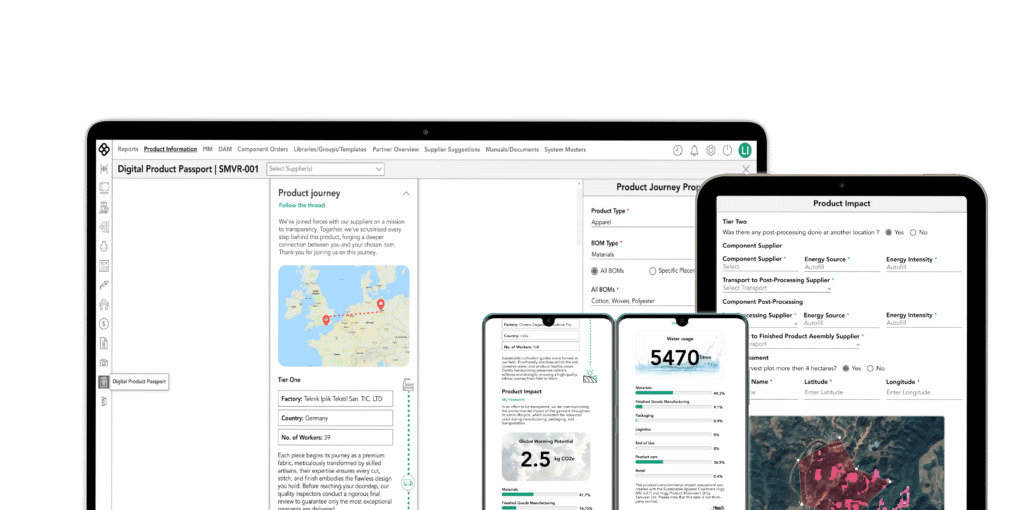
Powered by Bombiix













What is Digital Product Passport (DPP)?
Think of a Digital Product Passport like a digital ID card for a product.
DPPs are designed to unlock essential information about a product’s lifecycle – everything from the materials used to make it through to its end of life, disposal, recycling or reuse.
There’s currently a global shift in how we interact with products and a real drive for greater transparency, traceability and sustainability. The DPP plays a huge part in this story, as we transition to a circular economy that focuses on reusing, repairing and recycling materials instead of wasting them.
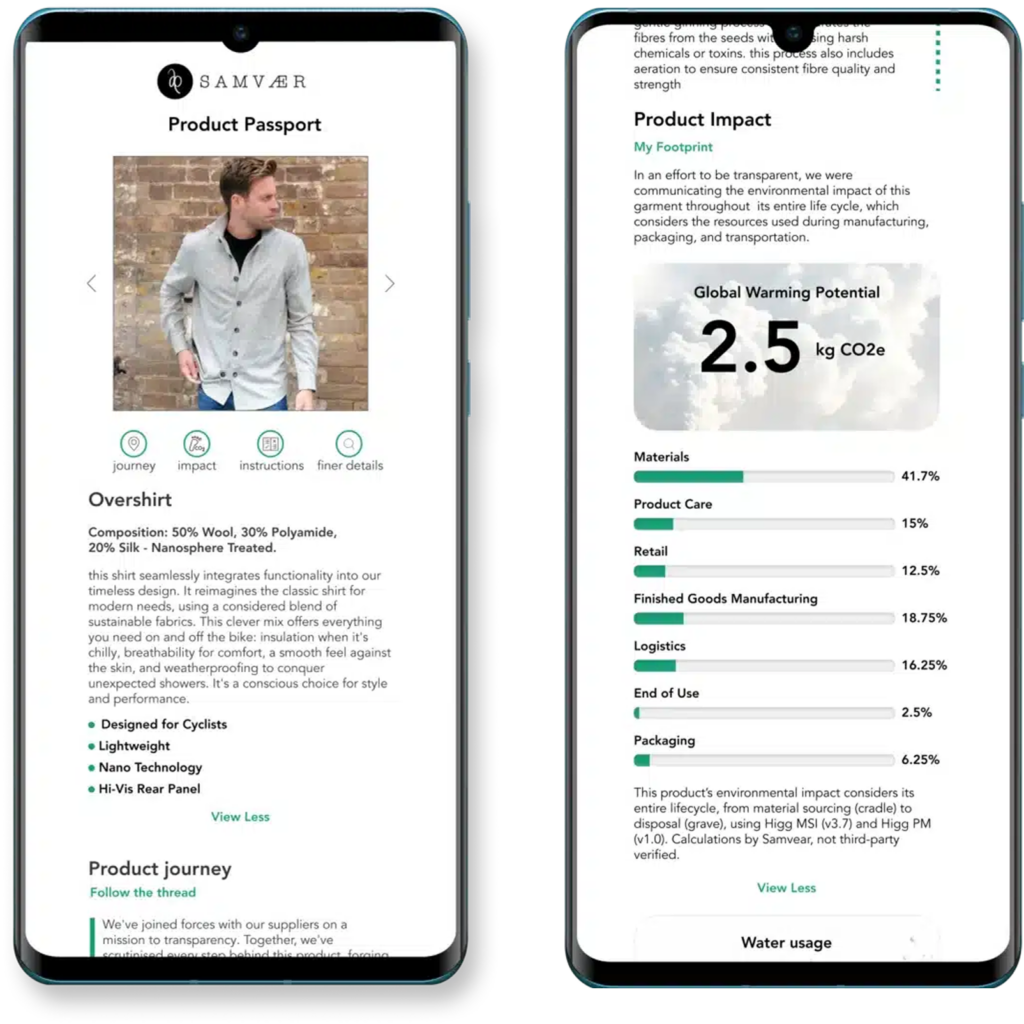
Your Digital Product Passport With Bombiix
See for yourself - here's what your new digital product passports could look like with Bombiix
Product Passport
- Composition of materials
- Marketing copy
- Quick overview of the product
Product Journey
- Product journey map
- Processes timeline
- Factory details
- Ethical audit

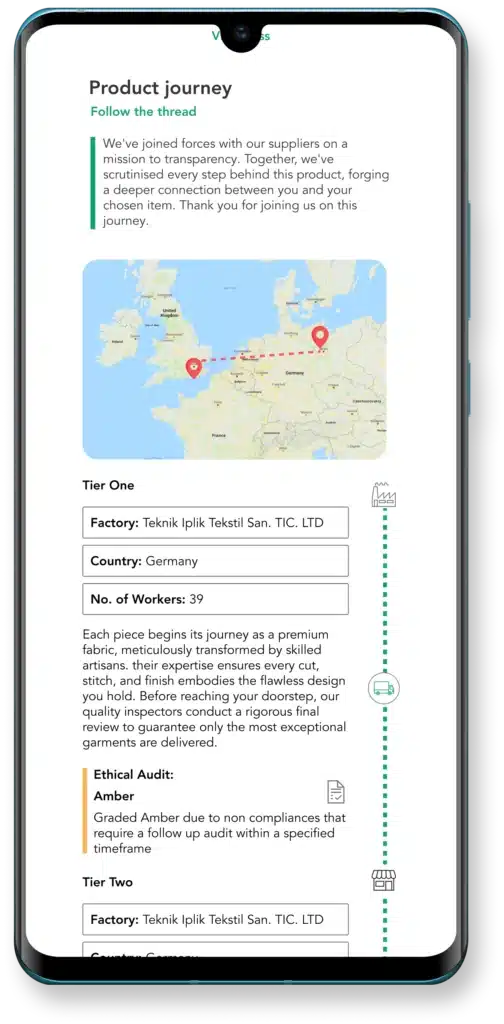
Product footprint
- Global warming potential
- Co2 emissions calculation
- Water usage
- Impact breakdown using Higgs index
- Packaging recyclability
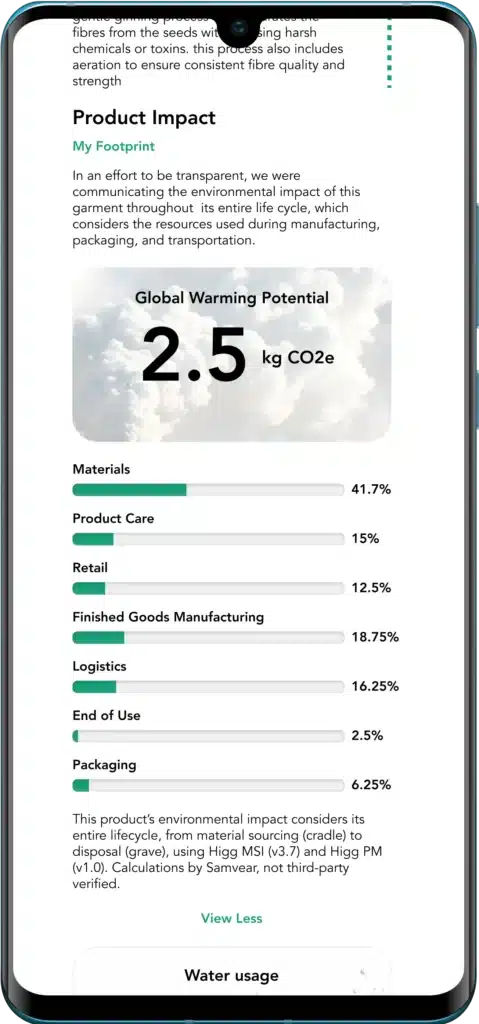
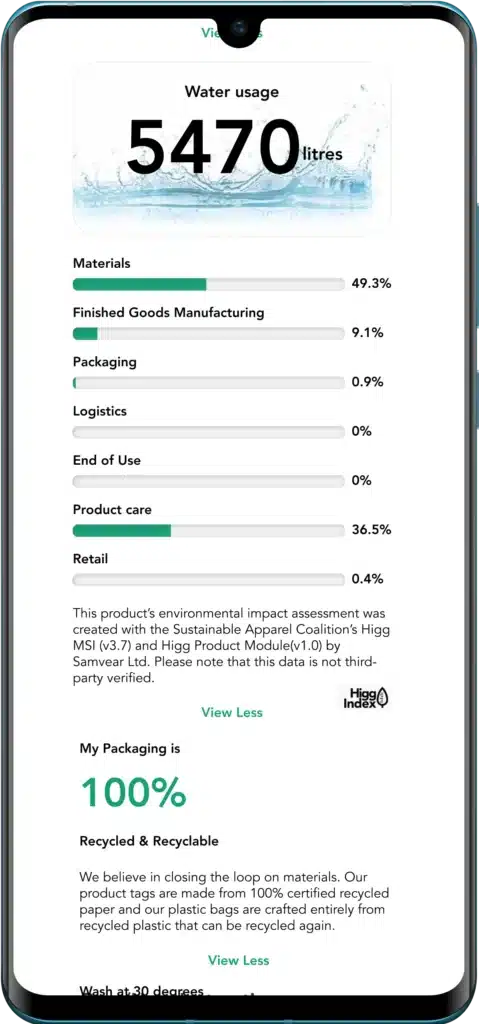
Care Instructions
- User instructions
- Care instructions
- Fabric quality tests
- Product quality tests
- Certification
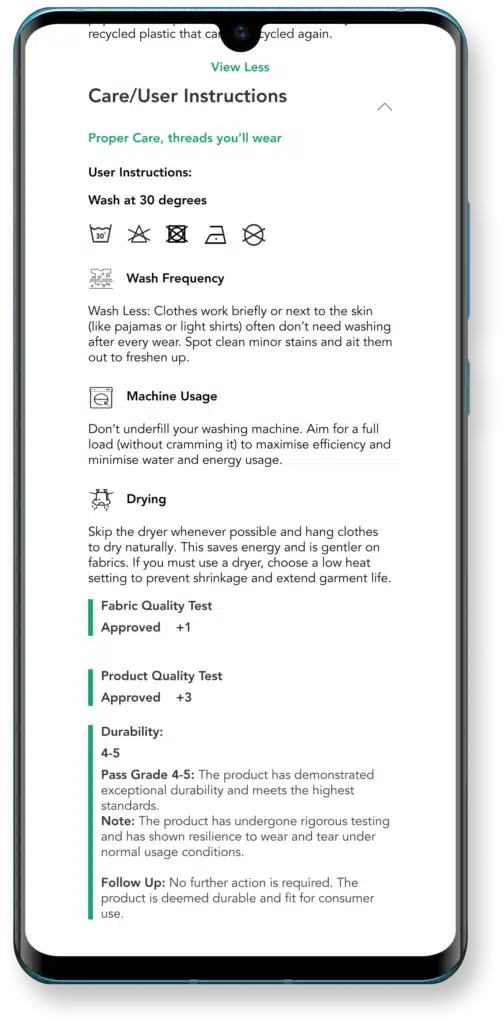
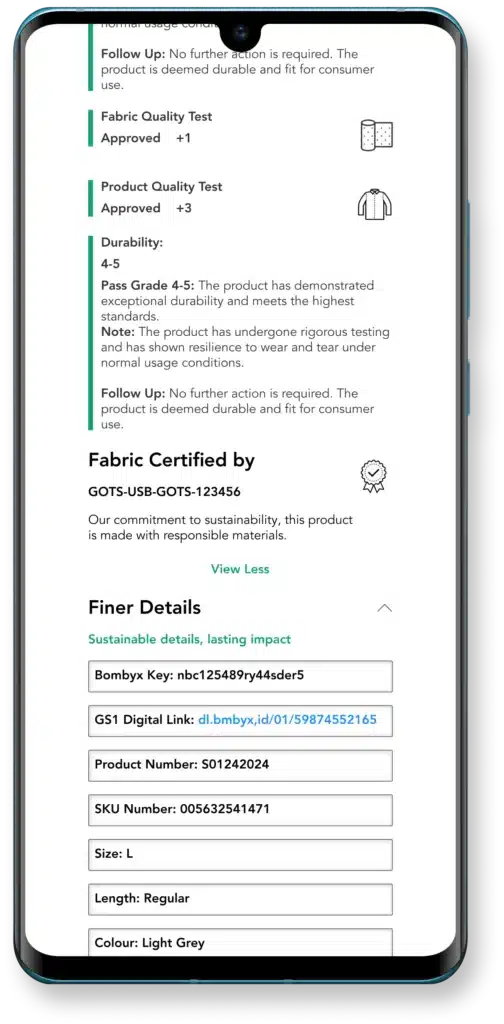
Finer Details
- GS1 digital link
- Product number
- SKU number
- Size
- Colourway
- GTIN
Circular Dependencies
- Repair and alteration
- Rental partners
- Pre-loved partners
- Links to your store
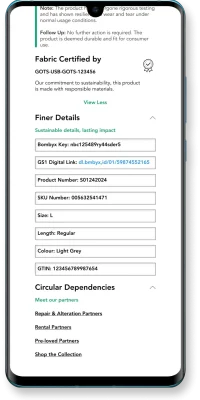
Get DPP Ready in 3 Simple Steps
Centralised control
Keep all your product data, documents and communication in one easy-to-access platform.
Built for collaboration
From design to delivery, streamline communication across your team, different departments and even your supply chain.
Fully configurable and scalable
Tailor our platform to fit around you - our PLM flexes and grows with your evolving business needs.
Integrates seamlessly with your tools












Turn Compliance into Competitive Advantage
See how fast, automated DPPs unlock efficiency, transparency, and long-term ROI.









Who does the Global Digital Product Passport (DPP) apply to?

DPP for Toy Industry
The DPP for toys sold within the EU aligns closely with the mandatory DPP for textiles in 2027 and aims to reduce the number of non-compliant and unsafe toys (EPRS, 2023).

DPP for Fashion Industry
By 2027, all fashion and apparel sold within the EU must possess a DPP that includes mandatory product information and environmental impact details (EPRS, 2024).

DPP for Batteries
Starting in 2027, batteries will one of the be the first product groups required by law to have a DPP through the EU Batteries Regulation (European Parliament and Council, 2023).

DPP for Textile Industry
It's mandatory for all textile products sold within the EU to have a DPP by 2027. This passport must include product information and environmental impact details (EPRS, 2024).
Product Passport
- Composition of materials
- Marketing copy
- Quick overview of the product
Product Journey
- Product journey map
- Processes timeline
- Factory details
- Ethical audit


Product footprint
- Global warming potential
- Co2 emissions calculation
- Water usage
- Impact breakdown using Higgs index
- Packaging recyclability


Care Instructions
- User instructions
- Care instructions
- Fabric quality tests
- Product quality tests
- Certification


Finer Details
- GS1 digital link
- Product number
- SKU number
- Size
- Colourway
- GTIN
Circular Dependencies
- Repair and alteration
- Rental partners
- Pre-loved partners
- Links to your store
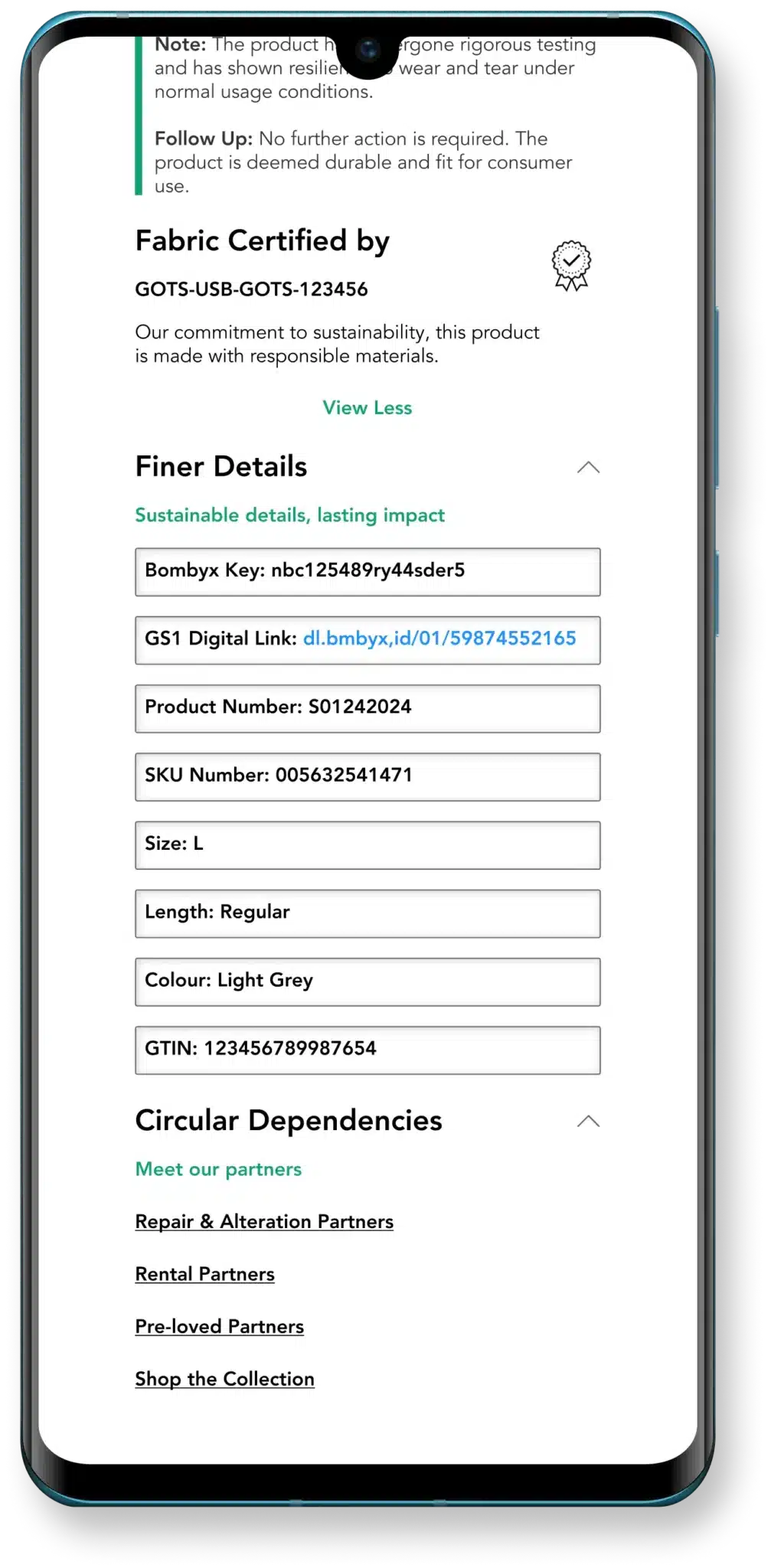
Try our DPP software
For the same amount of money it costs to hire an entry-level employee for manual DPP creation, Bombiix automates the entire process for you and acts as a digital assistant for your entire team.
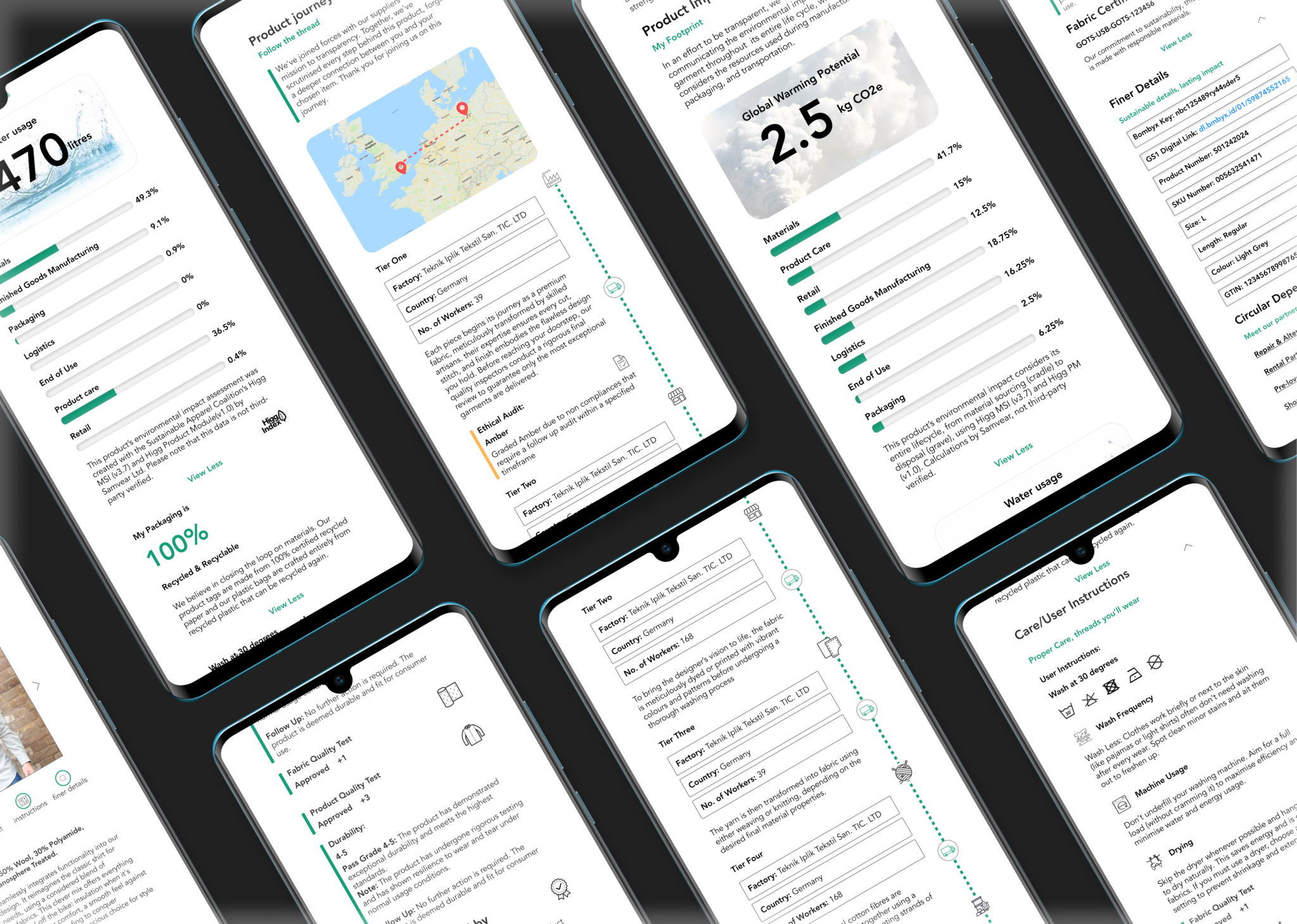
DPP FAQs
Below, we answer some of the most often asked questions about Digital Product Passports
Why are Digital Product Passports (DPP) important for sustainability?
DPPs help businesses and consumers make more sustainable choices by providing detailed information about a product’s materials, lifecycle, and environmental impact. Product passports champion transparency and support recycling, reuse, and responsible consumption.
How do Digital Product Passports support circular economy practices?
Circular economy practices are supported by DPPs as they track a product’s entire lifecycle, from raw materials to manufacturing, use and end-of-life processes. With this information, businesses can manage resources more effectively and promote the reuse, recycling and refurbishment of products, helping to reduce waste.
What kind of information is stored in a Digital Product Passport?
DPPs store data like the product’s origin, materials, manufacturing processes, certifications, repair instructions and recycling guidelines. They may also include details about warranties, maintenance records and compliance with environmental regulations.
How do DPPs help consumers make informed purchasing decisions?
Providing insights into a product’s environmental footprint, origin and quality standards, DPPs allow consumers to make informed decisions about what they buy, such as supporting ethical sourcing or reducing carbon emissions.
What role do DPPs play in supply chain transparency?
Product passports play a key role in supply chain transparency, offering a digital record of a product’s journey through the supply chain. This transparency helps build trust between brands and their customers.
How can Digital Product Passports help with product recalls?
DPPs make it easier to trace and identify products that need to be recalled. By having detailed information on production batches and materials, brands can act quickly and accurately to notify customers and address safety concerns.
Are Digital Product Passports required by any regulations or standards?
In some regions, particularly the European Union, DPPs are becoming increasingly important for meeting regulations related to sustainability and product traceability. For example, from 2027 DPPs will be mandatory for textiles, fashion, batteries and toys.
How can DPPs contribute to the recycling and re-use of products?
By detailing the materials and components of a product, DPPs help recycling facilities understand how to properly dismantle and sort products for recycling. This promotes better recovery of materials and reduces the environmental impact of disposal.
What industries are leading in the adoption of Digital Product Passports?
Industries like electronics, automotive, fashion and consumer goods are early adopters, driven by the need for transparency and sustainability. Sectors that deal with complex supply chains and high environmental impact are especially invested in DPP adoption.
How do DPPs interact with technologies like blockchain for data integrity?
Blockchain can provide a secure and immutable record for DPP data, ensuring that information is accurate and cannot be tampered with. This is especially useful for verifying the authenticity of information regarding product origin, materials and certifications.